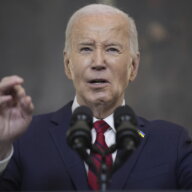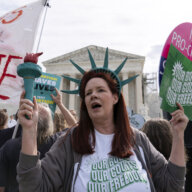Climate change seems to a lurking issue that only resurfaces in the public arena when someone like Rush Limbaugh makes a controversial remark denying its existence or a Michael Moore type shoots a documentary urging immediate action.
A study published in Climate Change earlier this month by Drexel sociology professor Richard Brulle confirmed our society’s vulnerability to propaganda from both sides of the issue and the corresponding lack of value citizens place on scientific information.
While researching public opinion on climate change, Brulle found that actual fact-based science had only a minimal effect on peoples’ concerns, while the political mobilization efforts of both advocacy groups and elites to circulate information about the phenomenon most critically impacted the level of public alarm.
Media coverage was also influential, but the study found that it, too, was “largely a function of elite cues and economic factors,” according to a statement.
The study concluded that public opinion about the issue will likely
remain divided as long as mixed messages are being sent by often-dueling factions of environmental advocates and the politically powerful.
Brulle initially sought to understand why Gallup poll results showed the number of respondents who worried “a great deal” about climate change dropped from 41 percent in
2007 to 28 percent in 2010. He used empirical analysis to investigate factors affecting climate change concerns between
January 2002 and December 2010.





























